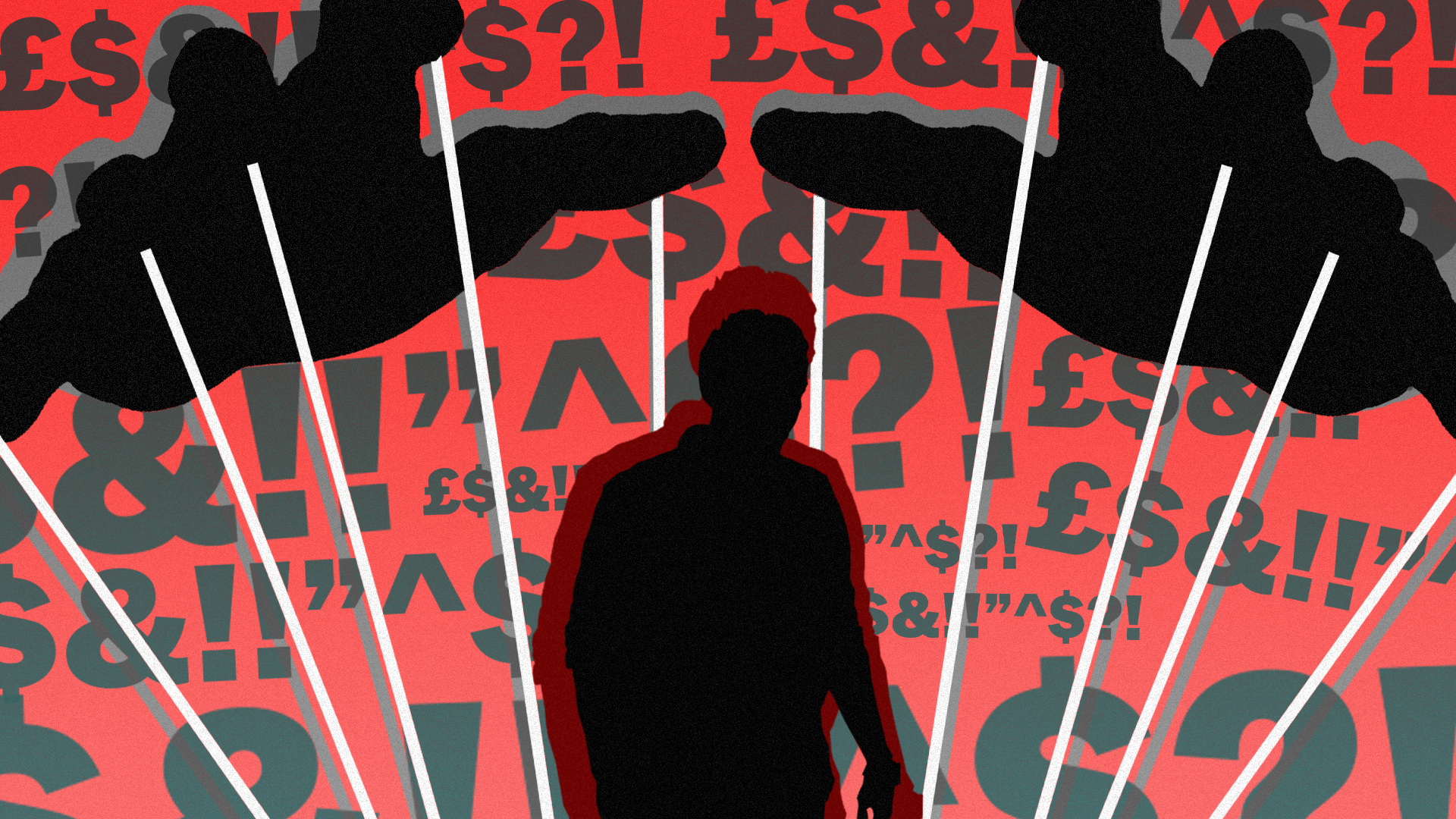Younger demographics such as Gen Z have seen an increase in use of terminology that points out the warning signs of potential gaslighting, with terms such as ‘red flag’ and ‘toxic behaviour’ featuring heavily in their regular lexicon.
Lately, the term has begun to be used as a method of protest against large institutions that manipulate the truth by controlling public perception and avoiding legal consequences. In instances such as political deception, it can slow down or prevent the spreading of misinformation and call for action against corrupt governments and organisations.
However, gaslighting has become most familiar when used to describe narcissistic traits of a partner in a romantic relationship. Whilst narcissistic abuse can affect both men and women, studies show women in intimate heterosexual relationships are more likely to be on the receiving end.
It can range from ‘emotional, physical, sexual, or financial’ abuse, and at times can even include all four. The behaviours of a narcissistic partner typically encompass emotional blackmail and manipulation, coercive control, and trivializing their partner’s emotions; all used to sew self-doubt into their minds, leaving them vulnerable.
For victims of narcissistic abuse, there is a sudden moment of realisation, and for many, it occurs after stumbling upon the definition of gaslighting for the first time. It can evoke an entirely new sense of self, where those being manipulated finally awaken to what they have fallen victim to.
The dismissal of a woman’s reality and her vital needs is something that continues to affect her in many areas of society, and perhaps most harmfully in the medical world.
For many women, access to healthcare is not without barriers and detrimental prejudices that allow for pain to be ignored, as well as crucial diagnoses which remain dangerously out of reach. These disparities continue to affect women of colour to a far greater extent, with medical misogyny and bias impeding on the judgement of practitioners, for which the consequences can often be deadly.
The gender pain gap has been spoken about for decades, but it is only in recent years, through unwavering protest and tireless self-advocacy, that this inequality is finally being acknowledged.
Over the summer the UK government announced the first ever Women’s Health Strategy, detailing a ten-year plan to ‘improve the health and wellbeing of women and girls’ across the country. The report highlighted the Ockenden review which found severe failings in maternal healthcare where new mothers ‘had not been listened to’, leading to them suffering with their symptoms silently and under a great deal of mental and physical anguish.
It is only with the continued education of medical gaslighting that patients can ultimately be equipped with the tools needed for self-advocacy and allow for gendered health inequities to be challenged.
A rise in the use of ‘gaslighting’ has shown how more of us are actively seeking out ways to maintain autonomy over our own lives.
With public satisfaction on the decline since the Pandemic, many are now facing a growing need for emotional fulfilment. It makes sense, that so many of us are identifying areas in our life where we can regain the kind of control that feels liberating.




















